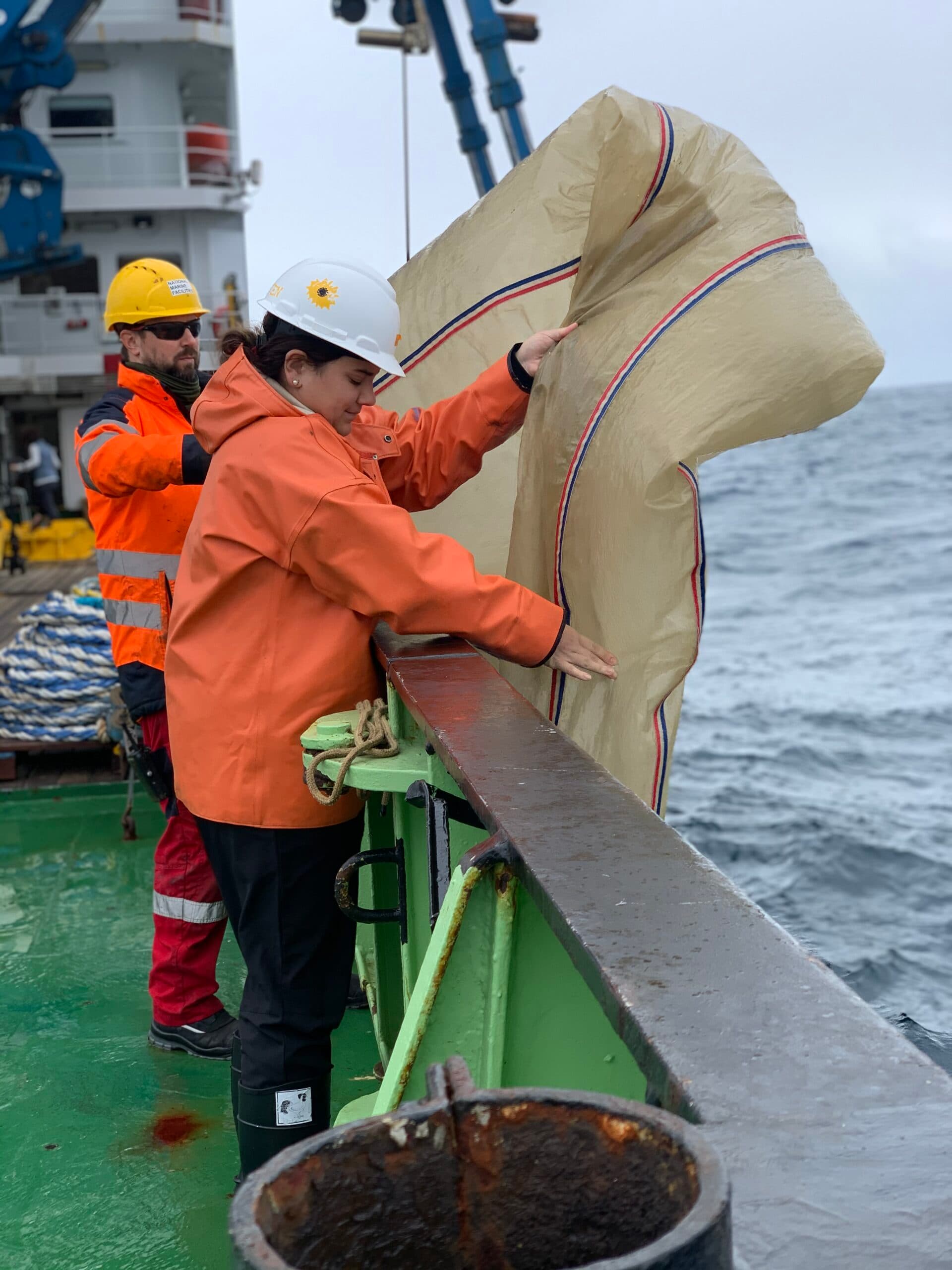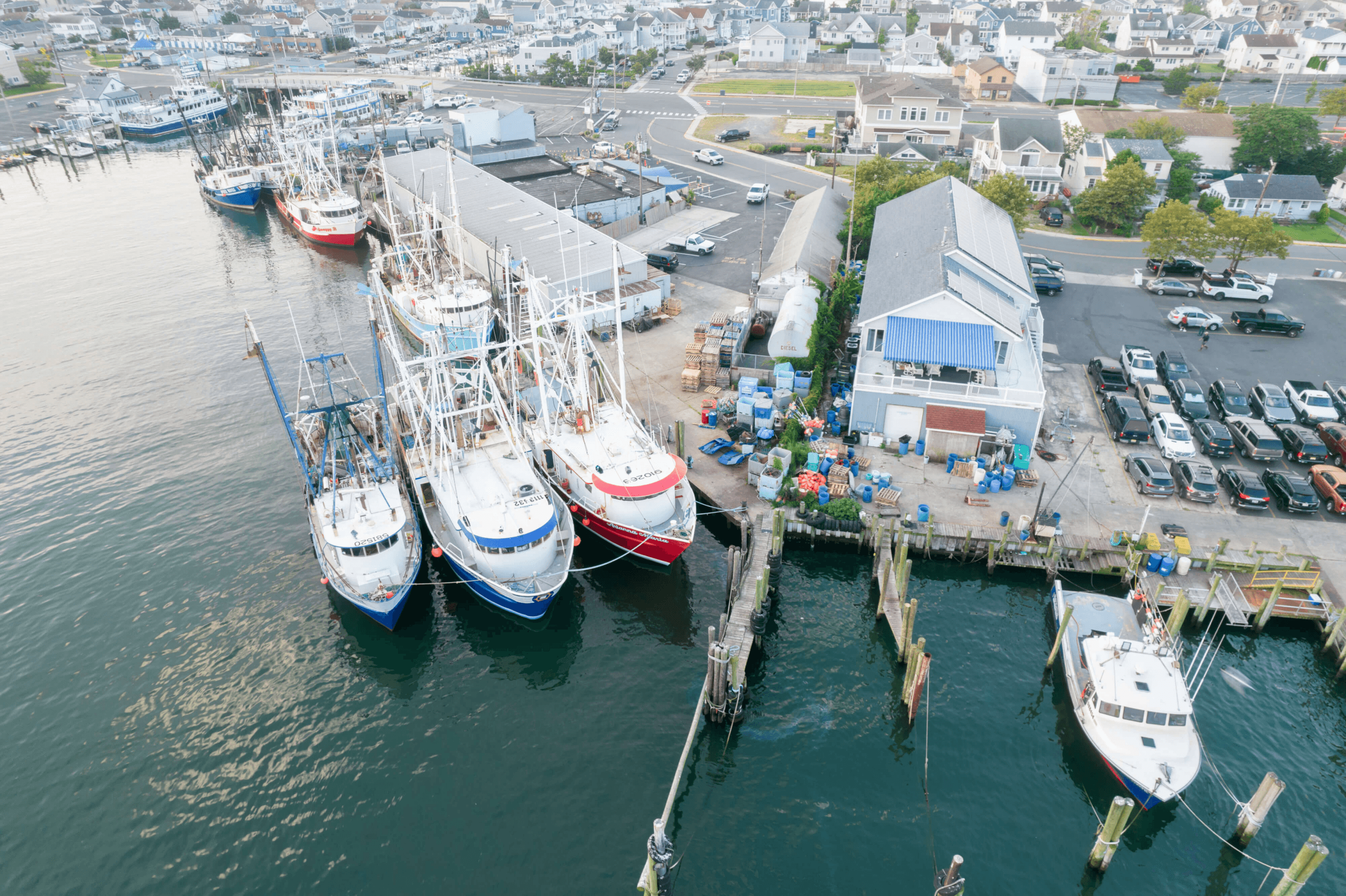Zooplankton
Zooplankton are tiny drifting animals that play a critical role in aquatic food webs, linking phytoplankton to larger marine species.
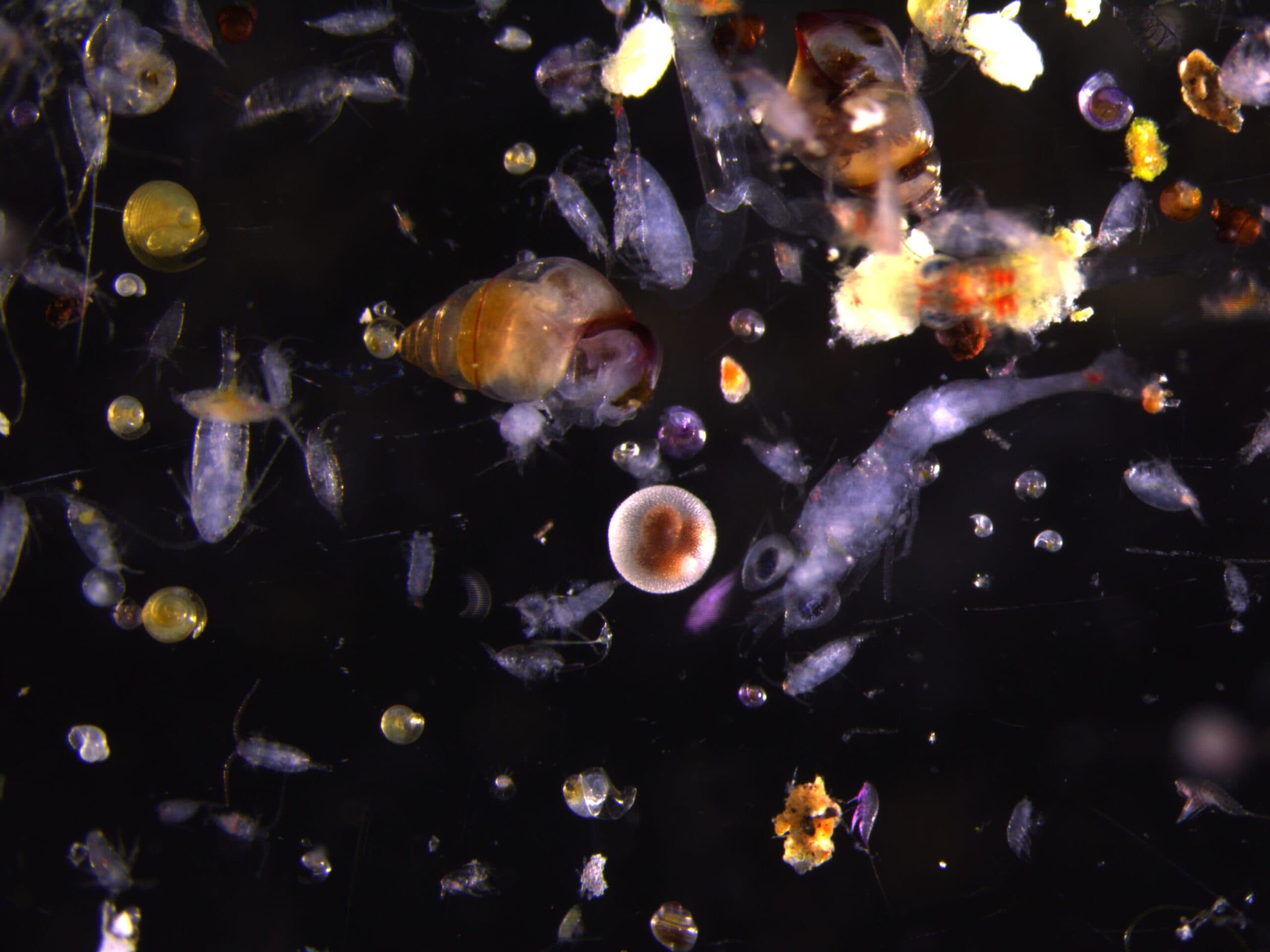
Zooplankton hold a key position in aquatic food webs. They feed on phytoplankton, bacteria, and other zooplankton, and are a major food source for fish, seabirds, and baleen whales. The zooplankton are a diverse group of animals, some of which form calcium carbonate structures (foraminifera, pteropods, and heteropods). Thus, the zooplankton response to acidification is variable.
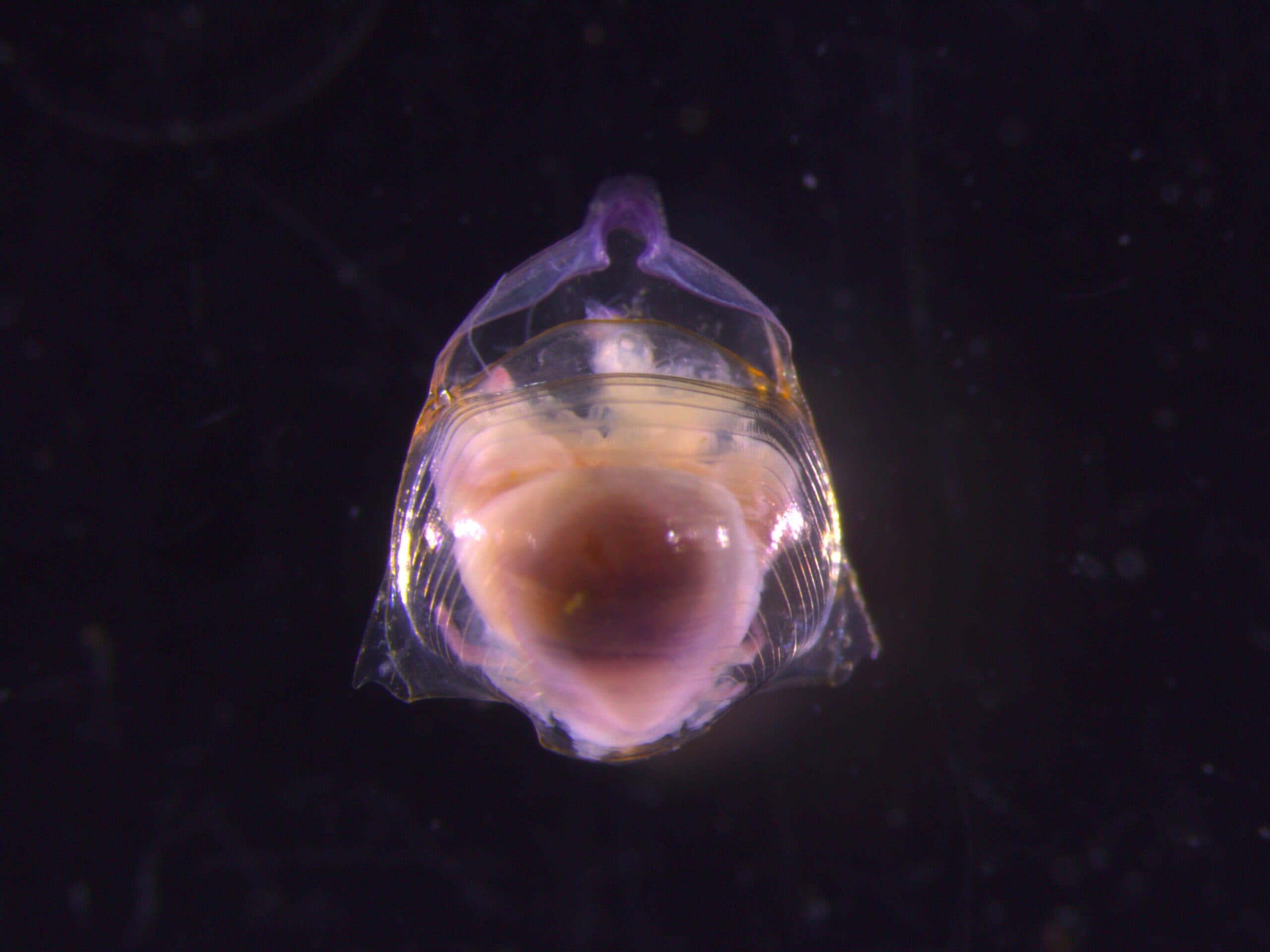
Direct responses to acidification can include reduced calcification rates and disturbance to acid-base (metabolic) physiology, which can affect other bodily functions. Pteropods, with thin snail-like shells, have been shown to be highly sensitive to decreases in ocean pH causing shell dissolution.

Indirect effects, while more difficult to measure, include changes to the abundance, composition, and quality of their food source (phytoplankton), which can significantly impact zooplankton metabolic function.
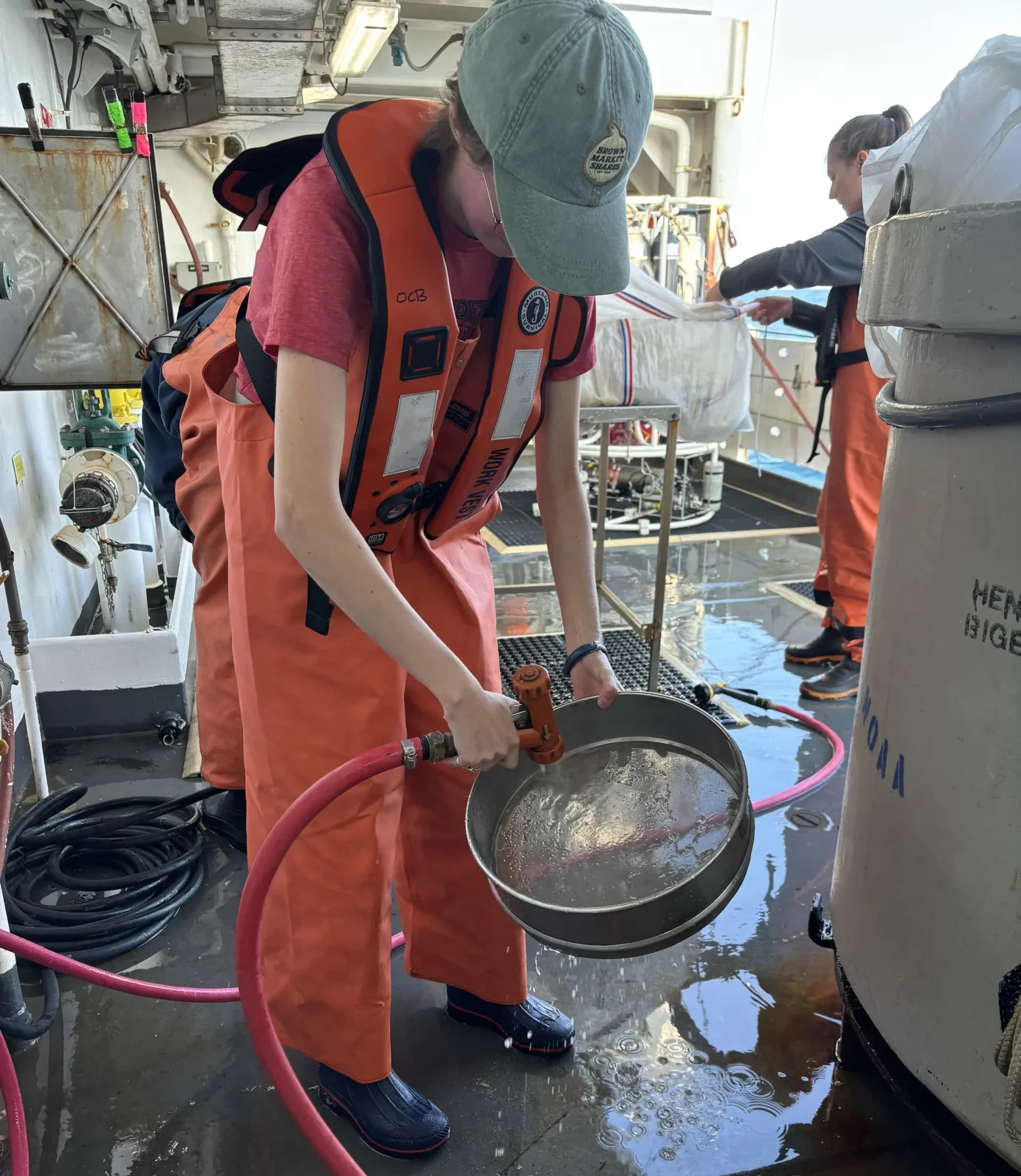
Adult non-calcifying zooplankton are thought to be more tolerant of acidification, but negative effects tend to be amplified in their younger life stages. This has been demonstrated with reduced survival and hatching success and irregular larval development at early developmental stages in several zooplankton groups, including copepods and krill. Krill are an important food source for many marine mammals.
Both direct and indirect responses to acidification can impact zooplankton development, growth, reproduction, and overall population.
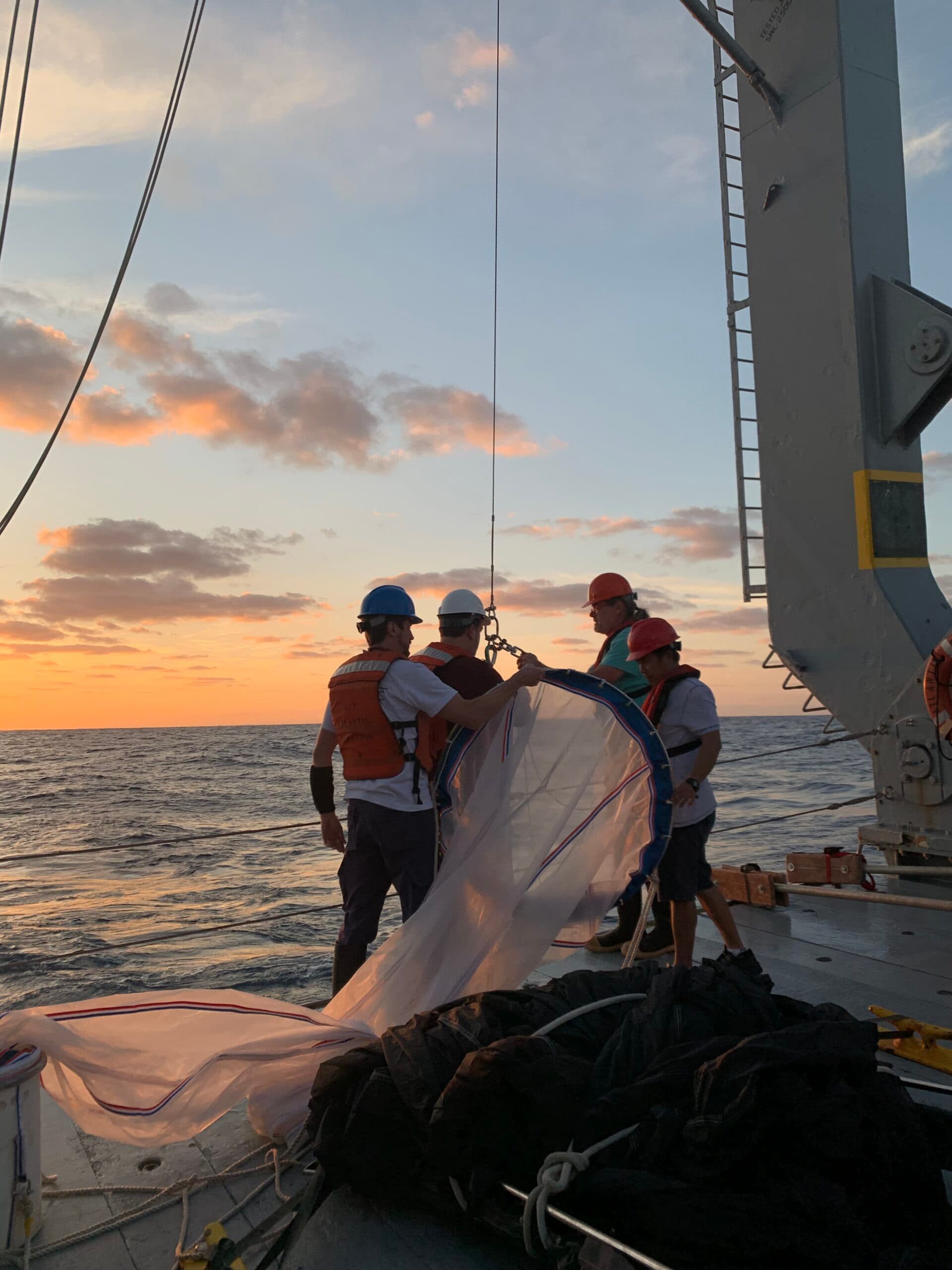
Due to variable responses of different species to acidification and differential effects to various zooplankton life stages, it is difficult to predict how natural zooplankton communities will respond to acidification and how those changes will reverberate through food webs.
Furthermore, other stressors including changes in water temperature, food source, and levels of dissolved oxygen can also affect zooplankton abundance and community composition and therefore need to be considered simultaneously with acidification.
